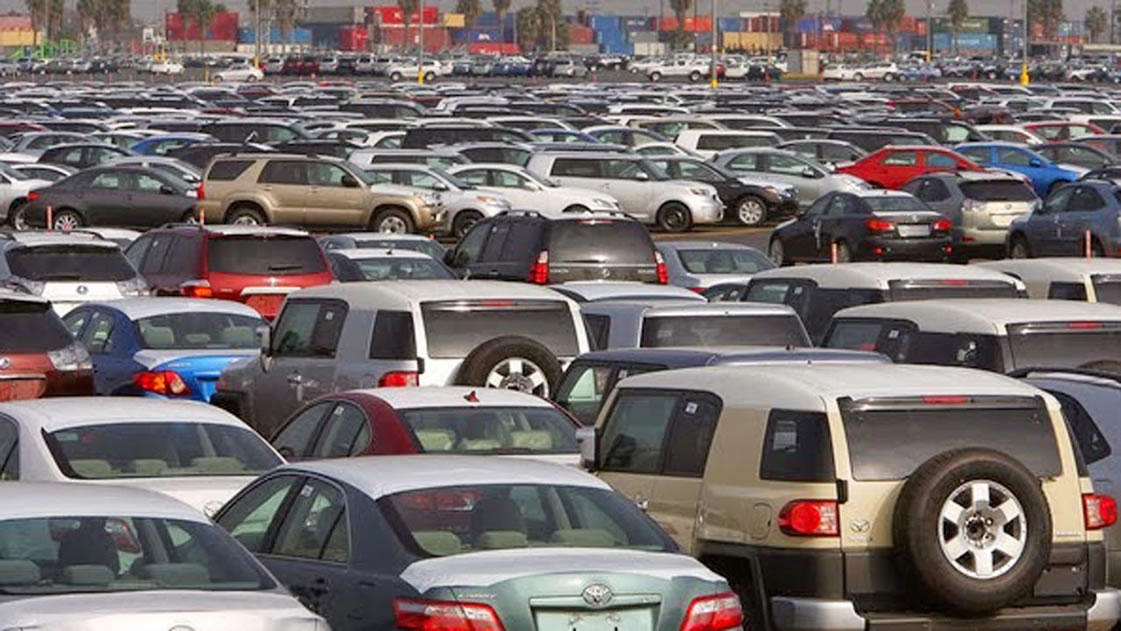
Car imports into the country fell to 70,453 units in the first 10 months of this year from a figure of 96,222 units in 2016, a 26.8 per cent reduction when compared to the same period of 2016, according to figures released by the Nigerian Ports Authority (NPA). Data released by NPA showed that vehicle imports into the country fell to 96,222 units last year from 131,994 in 2015.
Ms Adiza Usman Managing Director NPA who gave the figure said the ports authority expected a further drop in 2018 to 67,400 units. Federal Government had imposed high tariffs in 2015 on imported vehicles with the hope of encouraging local manufacturing which attracted U.S. car maker Ford , South Korea’s Kia Motors and Germany’s Volkswagen, with plans to set up assembly plants in Nigeria.
The tariff on car imports aimed at boosting local production has reduced the number of vehicles imported into the country this year by a quarter and fuelled smuggling from neighbouring Benin, the ports authority said.
The government imposed a 70 per cent tariff on imported vehicles in December 2015 as part of attempts by President Muhammadu Buhari to stimulate local production. Before that, the tariff was 20 percent. Adiza said the policy meant local demand for cars was not being met. “We appreciate the need for the government to have assembly and manufacturing in Nigeria but we are concerned that the capacity of the Nigerian market is beyond what is said to be assembled in Nigeria”.
She said “We have seen a lot of cars being smuggled through neighbouring countries – mainly from Benin”. Benin maintains low import tariffs compared with Nigeria, which for years been beset by chronic congestion in its ports. But activity slowed soon afterwards as the economy slid into recession in 2016 due to low oil prices and a currency crisis. Although it emerged from recession in the second quarter of this year, growth is fragile and limited financing for new cars has stunted sales.
Ford’s local partner said it assembled 739 units of its Ranger pickup in 2016 and this year. Its plant in Nigeria’s commercial capital, Lagos, can assemble 5,000 cars annually. Kia Motors, which has a plant in Lagos with a 20,000 vehicle capacity, said it assembled 1,800 units this year. And a representative of Stallion Motors, Volkswagen’s local vehicle assembly partner, said work stopped around August due to issues related to the exchange rate and production costs. He said up to 30 vehicles were being rolled out monthly, although assembly did not happen on a regular basis.

